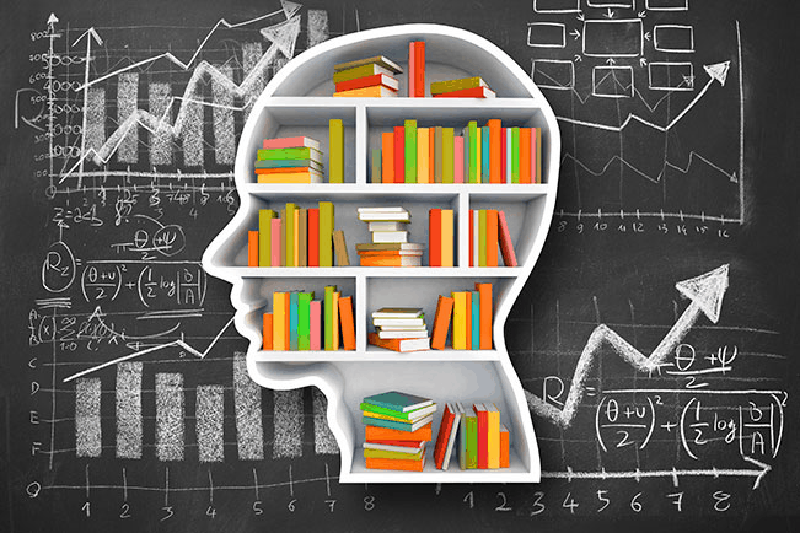Analytical thinking is a critical component of visual thinking that gives one the ability to solve problems quickly and effectively. It involves a methodical step-by-step approach to thinking that allows you to break down complex problems into single and manageable components.
Analytical thinking involves the process of gathering relevant information and identifying key issues related to this information. This type of thinking also requires you to compare sets of data from different sources; identify possible cause and effect patterns and draw appropriate conclusions from these datasets in order to arrive at appropriate solutions.
Why Do You Need Analytical Thinking Skills At Work?
Analytical thinking skills are critical in the workplace. It is essential for gathering data, solving complex problems, making rational decisions, as well as summarizing data and executing well-thought-out projects. When you’re applying for a job, a lot of hiring managers look at this particular skill along with other highly desired job skills to determine if you’re a good fit for the company. Clearly, this is a skill that every employee should gain and sharpen to be able to climb up the career ladder.
The Analytical Thinking Processes
The process of applying your analytical skills usually involves several steps, including:
1. Identifying a topic, problem, or issue
2. Gathering information through testing and observation
3. Developing solutions or deepening your understanding of the topic
4. Testing solutions or new ideas based on what you’ve learned
5. Post-analysis, or reviewing what solutions worked, to assess and apply your new knowledge
A key element to analytical thinking is the ability to quickly identify cause and effect relationships. This means understanding what might happen during the problem-solving process, for example, and examining how new ideas relate to the original topic.
Here’s How You Can Improve Your Analytical Thinking Skills
If you think your analytical thinking skills need some brushing up or want to improve them, here are some strategies you can do:
Be Observant
Take a walk outside or observe people in your office. Use as many of your senses, see what is happening around you. Is there anything that interests you? Remember you must actively engage your mind.
Read Books
Once again, the key to improving your analytical thinking skill is to keep your mind active and running. Read books and try to work on an active reading strategy: proactively read and digest and question what you’re reading. You can highlight, raise questions, read aloud, or make predictions to stay engaged with your reading material.
Learn How Things Work
Don’t just find the solution but know how exactly certain things work. By scrutinizing how things work, you will have a better understanding of the process which is vital in stimulating your analytical skills.
Ask Questions
Did you know that curiosity makes us smarter? According to Neuroscientist Aracelli Carmago, “The more curious we are about a subject, the more it engages our cognitive functions, such as attention and memory.” With that said, asking more questions can help develop better problem-solving skills, retention, and memory of a subject. So, don’t be shy to ask questions, especially if your query is valid.
Play Brain Games
If you want to improve your analytical thinking skills, it may be time to play Sudoku or other brain games like puzzles, chess, or crosswords. The best part of working on brain games to develop your analytical skillset is it is fun and does not require a lot of motivation to get started.
Practice Your Problem-Solving Skills
Keep in mind that for every problem, there is a solution. Visualize and be articulate in the presentation of a particular concept. Prepare two, three or even more solutions to a problem. And, if possible, do test runs on those solutions. See which one is the best and the most logical.
Think About Your Decisions
Making important decisions at work is common. Thus, think hard and rationalize your decisions. What are the pros and cons of your decision? Ask for an expert opinion if available or do extensive research. Ask yourself, is this the best solution for this problem? Take a step back to rethink it a bit more, and then you can finally decide.
At the end of the day, like any skill development, you have to have a lot of practice and application. Learn from your everyday experiences. Then, practice your analytical skills until it comes naturally.
In Conclusion
Analytical thinking is an effective skill for everyone at work. It is essential for gathering data, solving complex problems, making rational decisions, as well as summarising data and executing well-thought-out projects. Everyone does some thinking, some more than others. People who fail to think or do not think much, put themselves – and likely others – at risk. People who think, by contrast, and think well analytically, have better prospects in life. Wherever possible, thinking should be analytical and proactive. We should anticipate problems even before they arise. That way, we can prepare to face them once they arrive, and we will not be caught off-guard.
In Aventis, we offer Analytical Thinking workshops in both Virtual and Classroom learning modes.
Are your employees ready to improve their Analytical Thinking Skills?
Sources:

